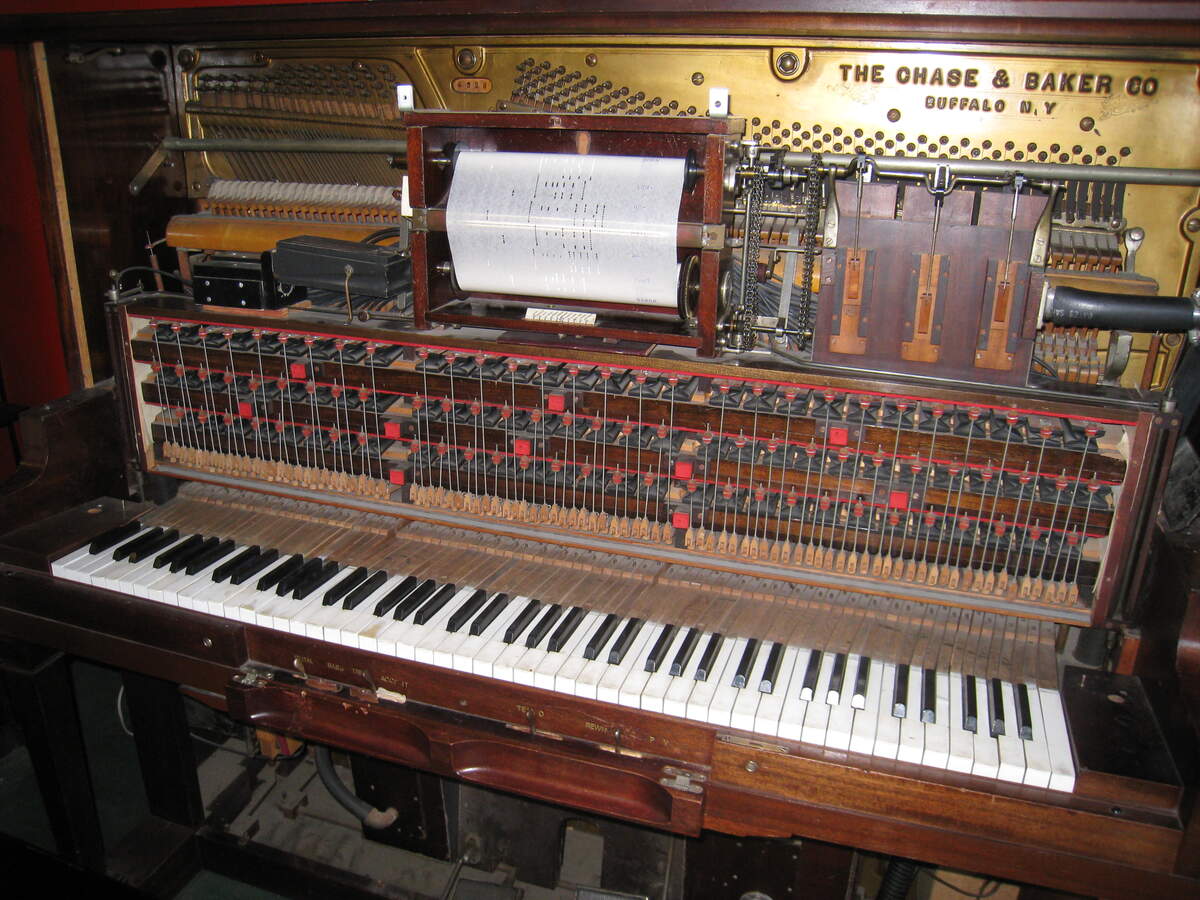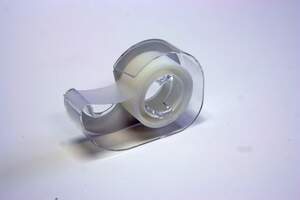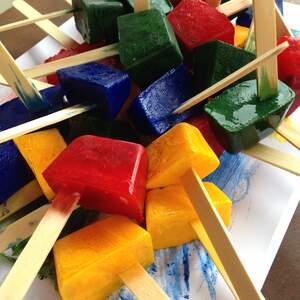

Old-Time Player Piano Day
Music is in the air today. Who is playing it? No one! It's coming from an old-time player piano, a type of piano that plays itself because it's Old-Time Player Piano Day! Player pianos are also known as pianolas, which once was a trademark name from the Aeolian Company. Player pianos read notes from tiny perforations on rolls of paper, and the rolls can be changed out to play different songs. The pianos are powered by suction, with two-foot pedals being pumped by a pianolist. The pianolist can also use levers to affect the sound; they can control accents and tempo, and utilize soft pedals and sustain. Why are player pianos known as "old-time"? They were popular during the first three decades of the twentieth century.
Edwin Votey came up with a player piano prototype in 1895, and most player pianos that followed used his as a template. The Aeolian Company acquired the rights to Votey's piano in 1897 and marketed it as the Pianola. These early player pianos, known as "push-up players" or external players, had a separate component that was rolled up to a piano to make it into a player piano.
In the early twentieth century, an all-inclusive player with a built-in playing mechanism debuted. Called the Apollo, it was followed by similar player pianos from other companies, and the external player soon was no more. These pianos utilized an electronic suction pump instead of foot-operated bellows. In 1904, reproducing pianos came on the market, which reproduced sound exactly as it was recorded and meant to be heard, making it feel as if the recording artist was present. This meant the person powering the piano no longer had to intervene manually to add dynamics or change the sound in other ways. Edwin Welte of Germany was the first company to market reproducing players. Other notable companies to make them were Duo-Art and the American Piano Company (Ampico). It wasn't until 1908 that the standard 88-note music roll was adopted by all manufacturers. Before then, many rolls of music were incompatible with each other and had less than 88 notes, the number of keys on a piano.
Player pianos had wide appeal to the public for three decades. They lost popularity after the Wall Street crash of 1929, with only a few companies still manufacturing them in the 1930s. Renewed interest in them in the 1960s led to an uptick of companies manufacturing them for a time. Player pianos that play music rolls no longer are manufactured today, although electronic players like the Yamaha Disklavier are on the market.
Old-Time Player Piano Day has been marked at least since 2011. It is unknown why it takes place when it does, but it happens to be that the World Championship Old-Time Piano Playing Contest and Festival takes place around the same time, during Memorial Day weekend. Today's holiday may have stemmed from the festival, although the festival is about piano playing, not player pianos, so there is no direct connection.
How to Observe Old-Time Player Piano Day
If you know anyone who has an old-time player piano or if you have one yourself, today is an excellent day to use it. It's also a great day to buy one. There are numerous other ways you could mark the day. Order some player piano recordings or books about player pianos. Check out some advertisements for old-time player pianos. Watch videos of player pianos. Learn more about player pianos at The Pianola Institute website. You could even join a player piano society.





















